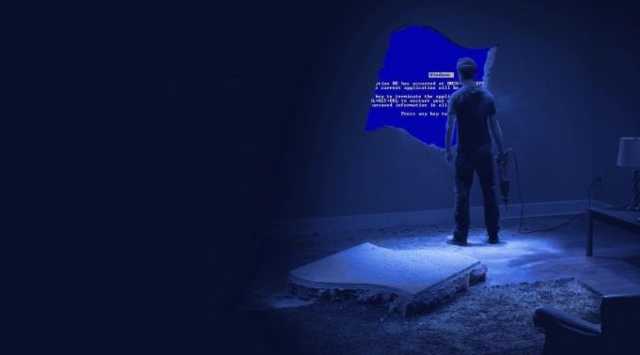
Kaspersky Lab has objected to Windows disabling other security software into Windows PC’s. They have complained that Windows is promoting an anti-competitive culture which is not acceptable. Their complaint was later indirectly clarified by Windows Enterprise
and Security Director, Rob Lefferts. Lefferts though admitted the charge but gave all possible explanation in defense. He made clear that the reason is just to check compatibility, nothing else.he software giant, Microsoft, admitted that they disable other antivirus software on their devices. But they also stated the only reason is to check compatibility.
Kaspersky Lab has complained that Windows is handling third-party antivirus software on their Windows PC’s. They reported that it is Window’s strategy to promote their own Windows Defender software. And that they are practicing anti-competitive-behavior.
On June 20, Rob Lefferts, director of program management for Windows Enterprise and security, in a company’s blog post admitted and defended all the allegations the company had been charged for. Though the reference was not directly made to Kaspersky, Lefferts indirectly reasoned his defense.
“Microsoft’s application compatibility teams found that roughly 95 percent of Windows 10 PCs had an antivirus application installed that was already compatible with Windows 10 Creators Update,”
“For the small number of applications that still needed updating, we built a feature just for AV apps that would prompt the customer to install a new version of their AV app right after the update completed. To do this, we first temporarily disabled some parts of the AV software when the update began.”
Lefferts asserted that Windows Defender welcomes all security software on a system. It only comes to action when the third-party code becomes outdated. He stated that Windows Defender does not run without the customer’s demand or until the required third-party protection expires. Windows security starts scanning automatically after other security goes down so that their customers are not left unprotected.
Kaspersky emphasized that they have always looked for healthy competition. It should be users to decide what products and services they should use, rather than the OS who forcefully chooses it for them. Only then will the users’ systems be protected from cyber threats.
Got anything to add? drop a line inside comments below.
Comments
Post a Comment